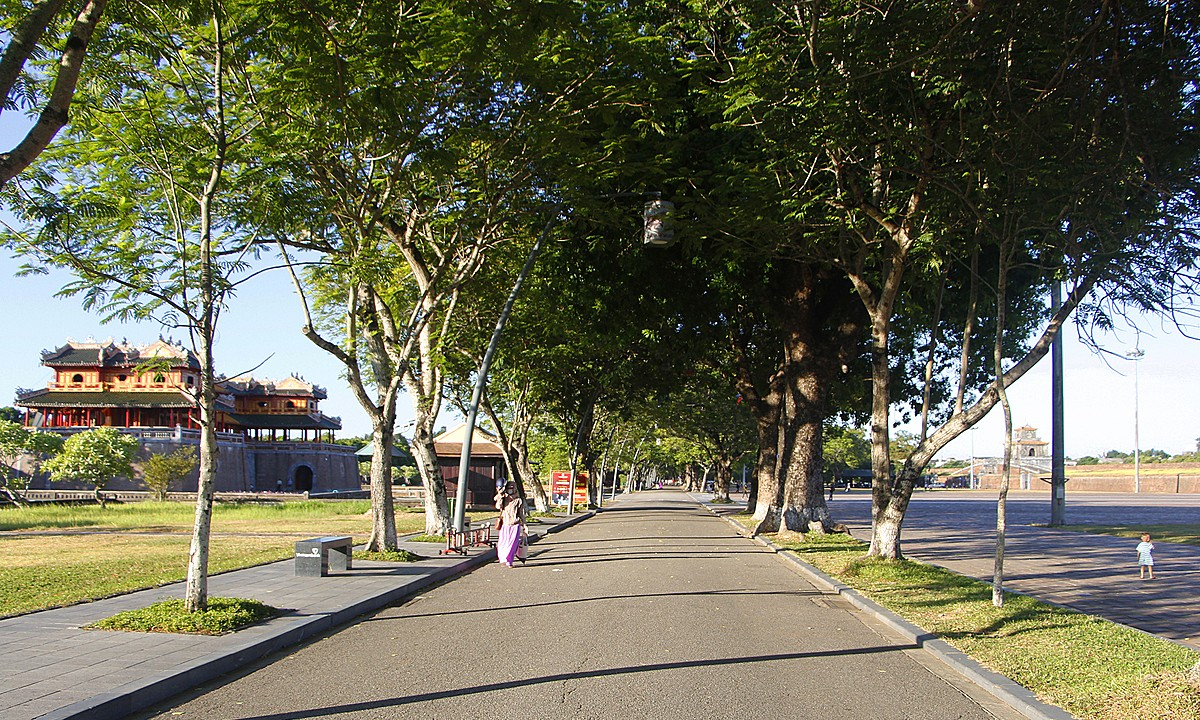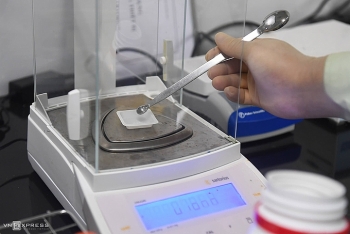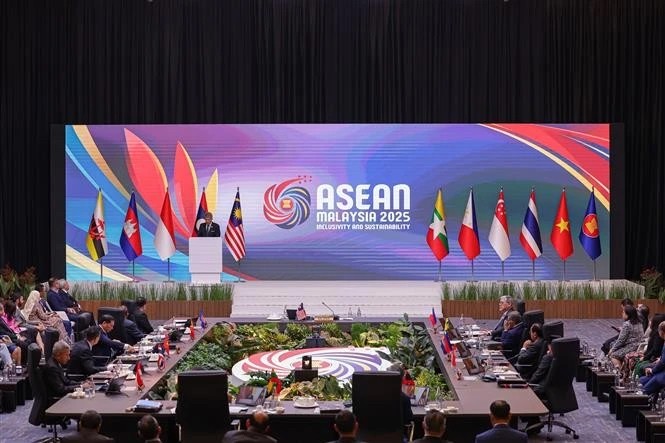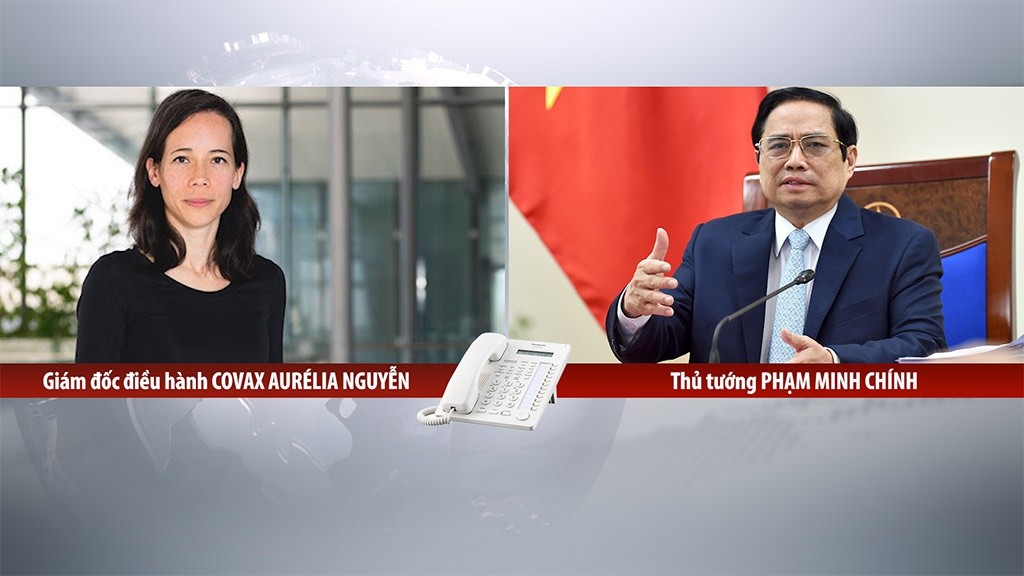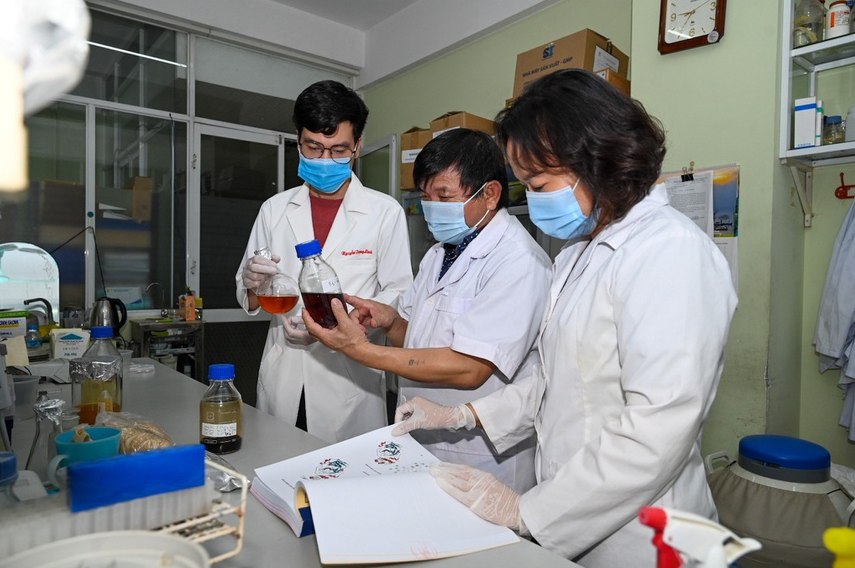Covid-19 treatment by Hydroxychloroquine/chloroquine is ineffective, retracted by Lancet
| Top Vietnam attractions become deserted due to COVID-19 outbreak | |
| European diplomats, businesspeople enter Vietnam for investment activities | |
| New COVID-19 strain won’t affect Vietnam’s vaccine study |
Due to concerns with respect to the data and analyses conducted by Surgisphere Corporation, an independent third-party peer review was launched to evaluate the origination of the database and to confirm the completeness of the database.
Surgisphere would not transfer the full dataset, as this would violate client agreements and confidentiality. Therefore an independent peer review was not possible and the paper has been retracted.
 |
| Illustrative photo. |
What was the multinational registry analysis by Lancet?
The journal did a multinational registry analysis of the use of hydroxychloroquine or chloroquine with or without a macrolide for treatment of COVID-19.
The registry comprised data from 671 hospitals in six continents using hydroxychloroquine or chloroquine with or without a macrolide for the treatment of COVID-19. Patients who received one of the treatments of interestl less than 48hrs of diagnosis were included in one of 4 treatment groups: Chloroquine Alone (CQ), Chloroquine + Macrolide (CQM), Hydroxychloroquine Alone (HCQ), Hydroxychloroquine + Macrolide (HCQM). As well as patients who received none of these treatments formed the control group (Control).
The findings show that 96 032 patients (mean age 53•8 years, 46•3% women) with COVID-19 were hospitalised during the study period and met the inclusion criteria. Of these, 14 888 patients were in the treatment groups (1868 received chloroquine, 3783 received chloroquine with a macrolide, 3016 received hydroxychloroquine, and 6221 received hydroxychloroquine with a macrolide) and 81 144 patients were in the control group. 10 698 (11•1%) patients died in hospital. After controlling for multiple confounding factors (age, sex, race or ethnicity, body-mass index, underlying cardiovascular disease and its risk factors, diabetes, underlying lung disease, smoking, immunosuppressed condition, and baseline disease severity), when compared with mortality in the control group (9•3%), hydroxychloroquine (18•0%; hazard ratio 1•335, 95% CI 1•223–1•457), hydroxychloroquine with a macrolide (23•8%; 1•447, 1•368–1•531), chloroquine (16•4%; 1•365, 1•218–1•531), and chloroquine with a macrolide (22•2%; 1•368, 1•273–1•469) were each independently associated with an increased risk of in-hospital mortality. Compared with the control group (0•3%), hydroxychloroquine (6•1%; 2•369, 1•935–2•900), hydroxychloroquine with a macrolide (8•1%; 5•106, 4•106–5•983), chloroquine (4•3%; 3•561, 2•760–4•596), and chloroquine with a macrolide (6•5%; 4•011, 3•344–4•812) were independently associated with an increased risk of de-novo ventricular arrhythmia during hospitalisation.
Interpretation
Lancent was unable to confirm a benefit of hydroxychloroquine or chloroquine, when used alone or with a macrolide, on in-hospital outcomes for COVID-19. Each of these drug regimens was associated with decreased in-hospital survival and an increased frequency of ventricular arrhythmias when used for the treatment of COVID-19.
Governments and experts' reactions to unproved Covid-19 treatment of hydroxychloroquine
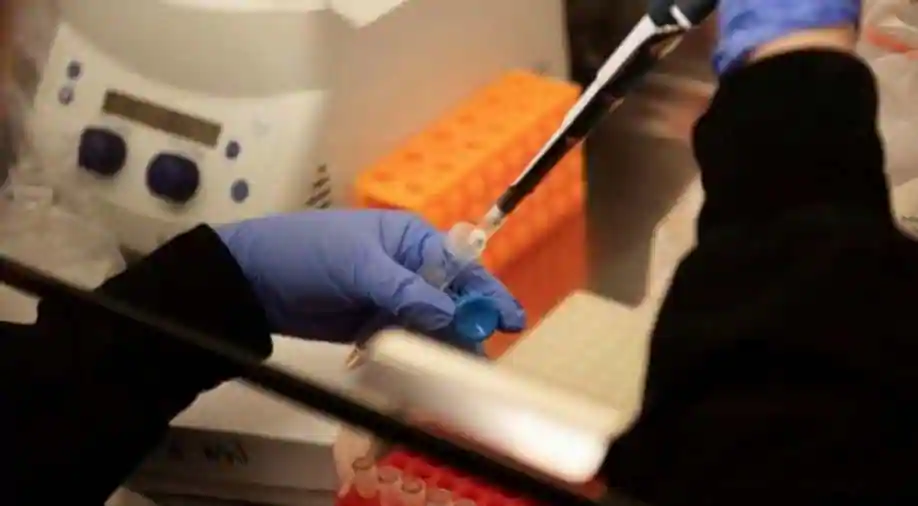 |
| Illustrative photo. |
European governments in May also decided to halt the use of anti-malaria drug hydroxychloroquine to treat COVID-19 patients, and a second global trial was suspended, further blows to hopes for a treatment promoted by U.S. President Donald Trump, according to Reuters.
The moves by France, Italy and Belgium followed a World Health Organization decision to pause a large trial of hydroxychloroquine due to safety concerns.
A UK regulator said that a separate trial was also being put on hold, less than a week after it started. The study, being led by the University of Oxford and partly funded by the Bill and Melinda Gates Foundation, was expected to involve as many as 40,000 healthcare workers.
“All hydroxychloroquine trials in COVID-19 remain under close review” while investigators assess any further risks, the Medicines and Healthcare products Regulatory Agency (MHRA) said in an email to Reuters.
According to CNBC, White House coronavirus advisor Dr. Anthony Fauci earlier this week said that all the “valid” scientific data shows malaria drug hydroxychloroquine isn’t effective in treating the coronavirus, contradicting President Donald Trump’s opinion of the drug.
“You look at the scientific data and the evidence. And the scientific data ... on trials that are valid, that were randomized and controlled in the proper way, all of those trials show consistently that hydroxychloroquine is not effective in the treatment of coronavirus disease or Covid-19,” the director of the National Institute of Allergy and Infectious Diseases said during an interview on MSNBC.
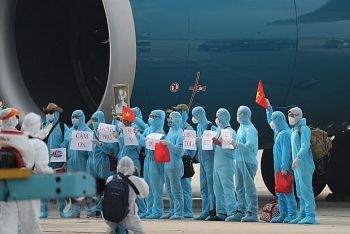 | Teamwork in return of Vietnamese citizens stranded by COVID-19 from RoK The flights, carrying 230 Vietnamese citizens, arranged by Vietnamese authorities, the Vietnamese Embassy in the Republic of Korea, budget carrier Vietjet Air together with agencies in the host ... |
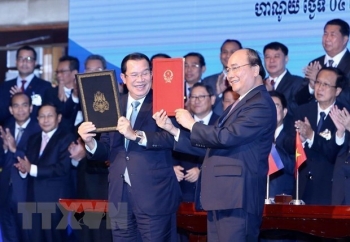 | Vietnam - Cambodia agree 500 sets of border topographic maps Vietnamese and Cambodian officials examined and agreed all 500 sets of border topographic maps at Moc Bai international border gate, the southern province of Tay Ninh. |
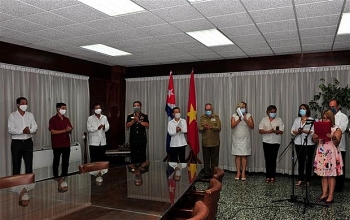 | Vietnam - Cuba close ties amid COVID-19 fight highlighted in Havana Vietnam and Cuba have again shown their close friendship by sending each other medical material to support them in their fight against the COVID-19 pandemic. |
Recommended
 World
World
Pakistan NCRC report explores emerging child rights issues
 World
World
"India has right to defend herself against terror," says German Foreign Minister, endorses Op Sindoor
 World
World
‘We stand with India’: Japan, UAE back New Delhi over its global outreach against terror
 World
World
'Action Was Entirely Justifiable': Former US NSA John Bolton Backs India's Right After Pahalgam Attack
 World
World
US, China Conclude Trade Talks with Positive Outcome
 World
World
Nifty, Sensex jumped more than 2% in opening as India-Pakistan tensions ease
 World
World
Easing of US-China Tariffs: Markets React Positively, Experts Remain Cautious
 World
World

